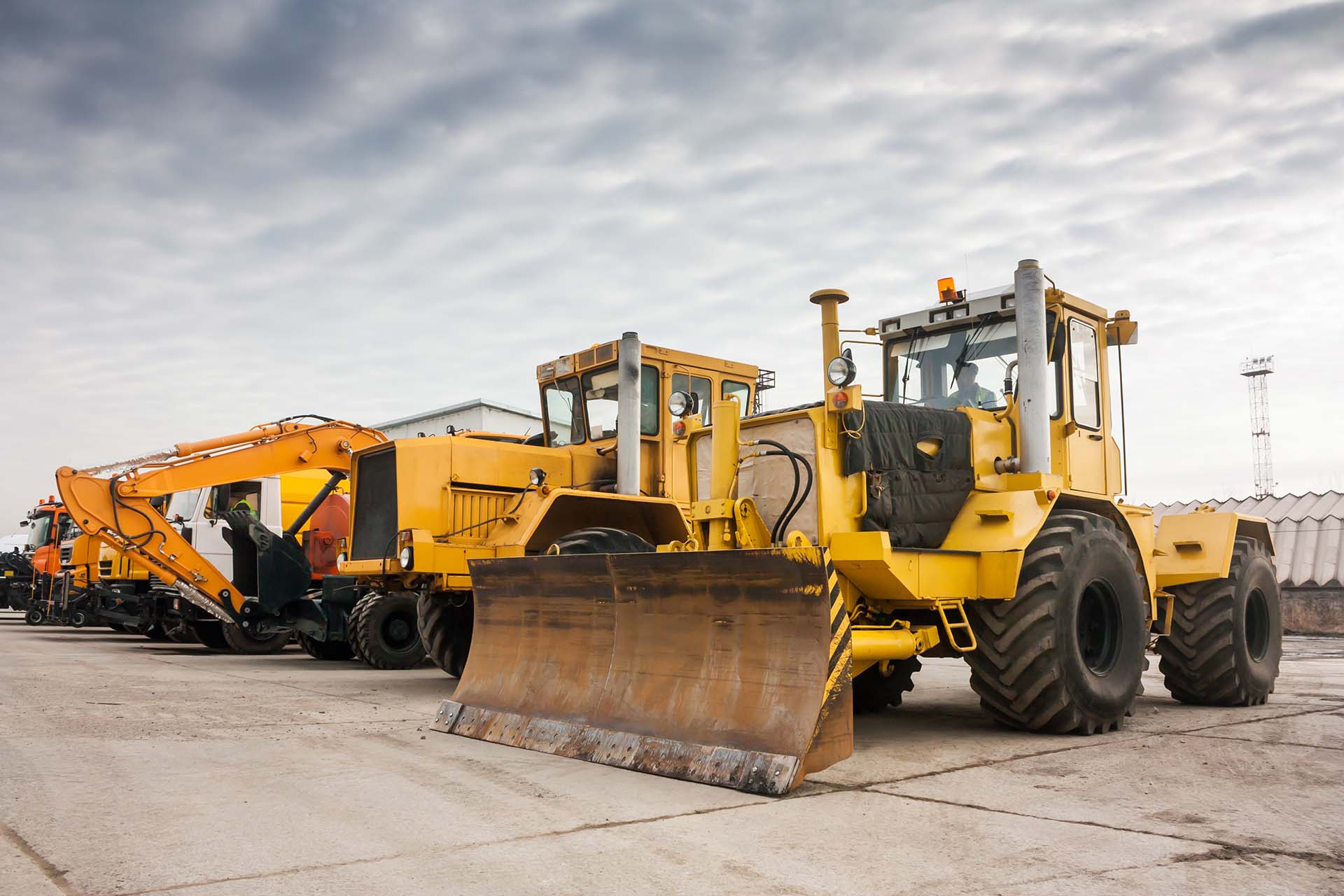

Land use - What's behind it?
Land use is a central concept when it comes to climate action, because the way we use land has a direct impact on the climate. But what does land use actually mean? In the simplest sense, it is about how people use the earth and its resources for various purposes - be it for agriculture, settlements, transportation infrastructure or even nature conservation.
Why is land use so important for climate action?
The way we use land has a significant impact on CO2 emissions. When forests are cleared or natural soils are cultivated, important carbon reservoirs are lost. Forests and soils absorb CO2 from the atmosphere and thus contribute to the reduction of greenhouse gases. However, if these areas are used for other purposes - such as agricultural production or housing construction - this can lead to CO2 being released. At the same time, the way in which we cultivate land can also have positive effects. For example, sustainable farming methods in agriculture or the promotion of semi-natural habitats can help to bind CO2 and mitigate climate change.
Types of land use
Land use can be divided into different categories:
-
Agricultural land
: Here, the land is mainly used to grow crops or for livestock farming. This form of land use has a major impact on climate change, especially if it is not practiced sustainably.
-
Forestry
: Forests are extremely important for the climate because they store large amounts of CO2. The sustainable management of forests can help to preserve these carbon sinks.
-
Urbanization
: Cities and settlements require large areas of land for housing, transport infrastructure and commercial areas. This use often goes hand in hand with land sealing, which reduces the soil's ability to store CO2.
-
Nature conservation areas
: Mountainous or unused areas that serve to preserve ecosystems and biodiversity also contribute to CO2 sequestration.
How can you campaign for sustainable land use?
There are many ways in which you can actively contribute to better land use: Make sure you buy products from sustainable agriculture, support reforestation projects or get involved in initiatives that work to protect natural habitats. You can also indirectly influence land use through your personal consumption, such as eating less meat.
Conclusion
Land use affects us all, because it has both positive and negative effects on the climate. With a better understanding of how land is used, we can all contribute to making the earth sustainable and slowing down climate change.